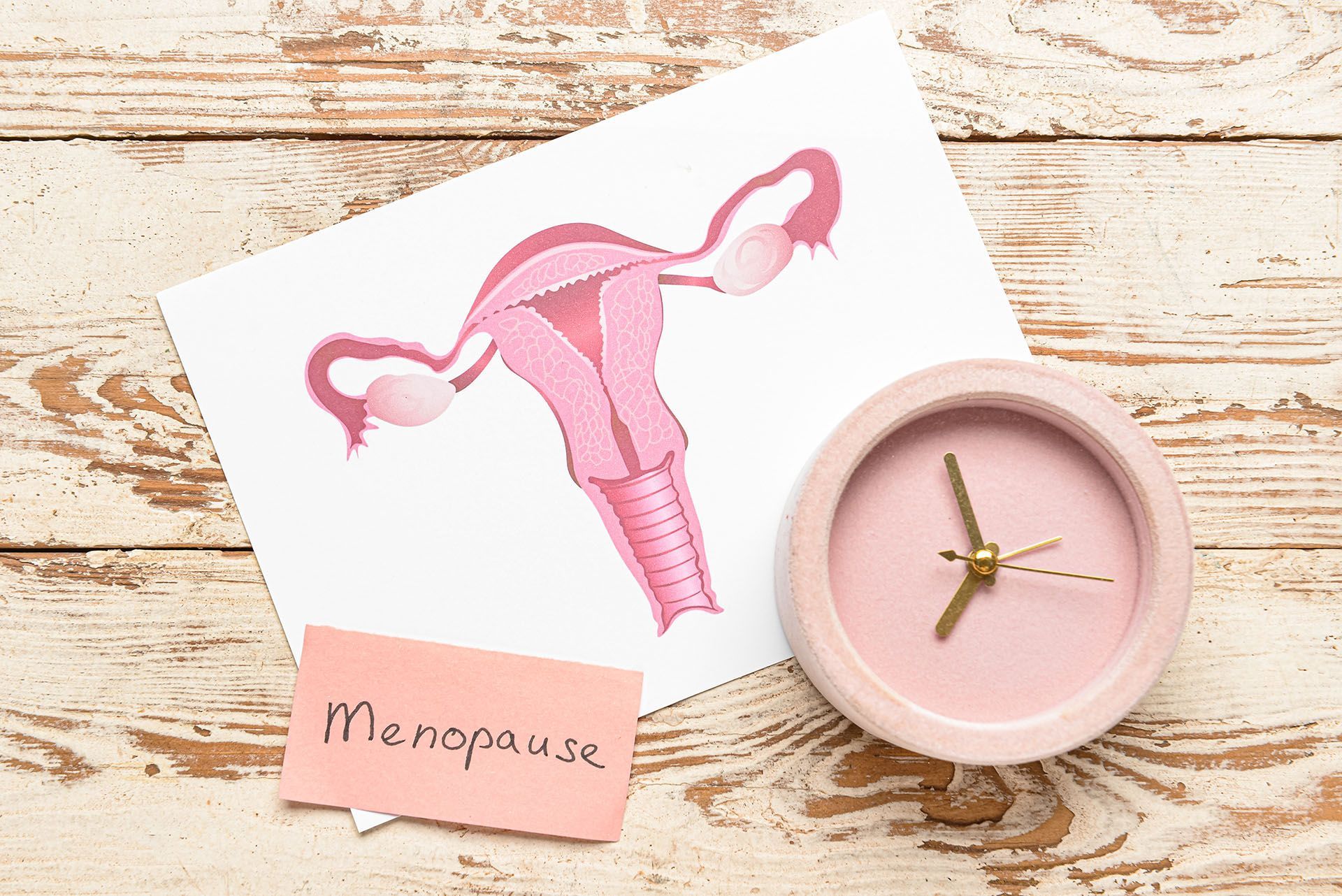Understanding Ostomy Closure: A Simple Guide
Living with an ostomy can present unique challenges, but often they are needed in an emergency or when it is not safe to re-connect the intestines during surgery. That said, not all ostomies are permanent. Some can be reversed.
Ostomy closure/takedown/reversal requires another surgery to connect the intestines back together. Once this is done, waste will pass through your GI tract, and you will sit to poop again! This decision to reverse or take down a colostomy is made by the surgeon who will need to explain exactly what the procedure entails. Depending on the type of ostomy you have and the reason why you have it, that will determine the type of surgery you need to reverse it.
The ostomy closure process typically involves a consultation with a surgeon to assess the individual's overall health and readiness for the procedure. The surgeon will carefully plan the reversal, considering factors such as the type of ostomy, the patient's anatomy, and any potential complications. You are given general anesthesia (ie you go all the way to sleep) for the surgery and depending on the type of ostomy you have, surgery can take anywhere from 45 minutes to 4 hours. You should expect to stay in the hospital for 1-3 days after surgery to ensure that your pain is controlled, you are able to eat and drink without difficulty and that there are no signs of infection postoperatively.
While ostomy closure represents a significant step towards reclaiming a sense of normalcy, it's crucial for individuals to approach the decision with realistic expectations. The recovery process varies for each person, and patience is key as the body adjusts to the changes. The first few bowel movements may be abnormal, and you may even see a little bit of blood. Most patients can resume their regular diet after ostomy reversal.
As always, every patient’s case is different and it is important to seek out a specialist, like a colorectal surgeon, to review your case and potential for ostomy reversal!
SHARE ARTICLE:
SEARCH POST:
RECENT POSTS:






